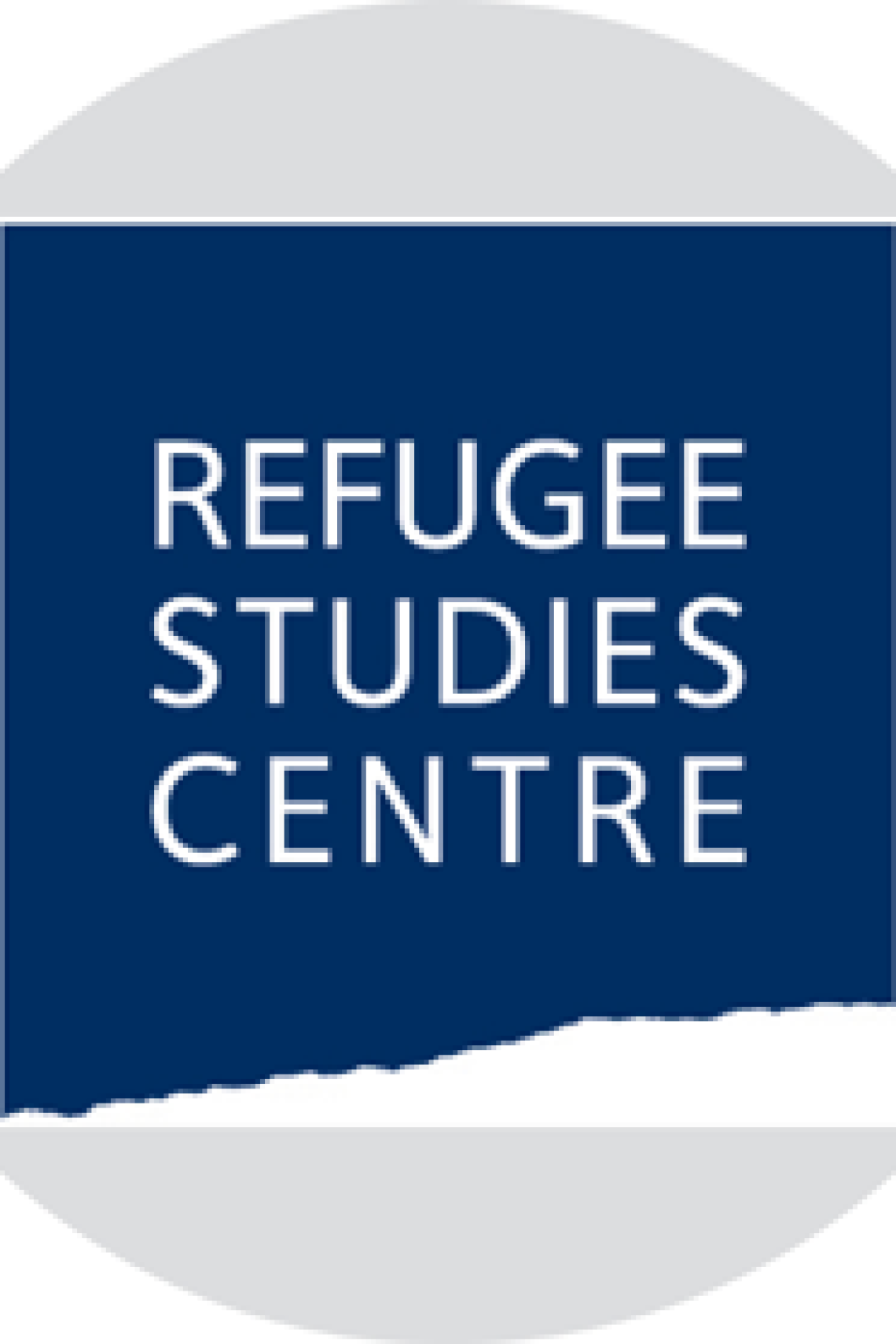New hub to support refugee-led research
The Refugee Studies Centre (RSC) and the British Institute of Eastern Africa (BIEA) in Nairobi have launched a new hub which aims to facilitate refugee-led research through scholarships, online courses, refugee-led research projects and mentorship.
Refugee-authored scholarship is underdeveloped, verging on non-existent, despite a sizable and growing number of academic and research centres that focus on forced displacement. Some 85% of the world’s refugees live in low and middle-income countries, and yet very little refugee and forced migration studies research is published by authors based in these displacement-affected regions, let alone by refugee or displaced people themselves. Refugees and displaced people also remain underrepresented in tertiary education, especially at the graduate level.
The new Refugee-led Research Hub (RLRH), which has initial funding from the IKEA Foundation, presents an effort to expand the pathway to graduate-level opportunities for displaced scholars, supporting refugee-led scholarship in refugee and forced migration studies, as well as in the social sciences and humanities more broadly.
The ultimate aim of the RLRH is to create a model that can redistribute power and opportunity towards individuals with lived experience of displacement, recognising that their insights and expertise will advance scholarship in the field of refugee and forced migration studies.
The RLRH’s activities are based on a hybrid model of both in-person and remote activities. It is physically located in new office buildings in the gardens of the BIEA and will be a fully integrated part of the BIEA, able to draw upon its library, seminar rooms, training activities, and workshops. It is also an integrated part of the RSC, allowing RLRH’s researchers, scholars, and fellows to participate in activities organised by the RSC and access a range of academic resources in Oxford.
At the outset, its activities will fall into three primary categories: teaching and training; mentorship; and research projects.
A key component is the launch of the RSC-BIEA Fellowship in Refugee Studies. This one-year fellowship targets scholars with a displacement background who have a demonstrated interest in the field of refugee and forced migration studies. The 12 inaugural Fellows were selected from a large number of applications, and are based in a range of countries across Eastern Africa, Southern Africa, and Europe. They identify as stateless, internally displaced, asylum seekers, and as current or former refugees. Scholars have completed undergraduate degrees (or have equivalent experience), and several have been awarded a first graduate degree. All have academic aspirations to go onto graduate study in Oxford or at other leading universities.
Fellows will spend 25–30 hours a week on the programme, developing thematic expertise, and academic and research skills. They will have the opportunity to engage with RSC students, staff, and alumni, BIEA researchers, and other scholars in the RSC’s network. They will be able to attend RSC and BIEA events, and will participate in seminars and workshops, engage in an independent research study, and undertake a professional placement.
The RLRH is also undertaking refugee-led research projects. The first of these focuses on the nature and impact of refugee-led organisations, in partnership with the Local Engagement Refugee Research Network (LERRN) at Carleton University, with funding from the Open Society Foundations, the International Development Research Centre (IDRC), the Bosch Foundation, and the Global Whole Being Fund. It focuses on camps and cities in Uganda, Kenya, Ethiopia, and Tanzania, and is led by a team of four research leads – Abis Getachew, Andhira Kara, Mary Gitahi, and Uwezo Ramazani – all of whom have experience as refugees and are based in each of the main focus countries.
The RLRH aims to add more refugee-led research projects over time, including collaborative studies, and it has begun supporting one such project relating to the measurement of refugee self-reliance in collaboration with the Refugee Self-Reliance Initiative (RSRI).Beyond these activities, the RLRH aims to reach a broader number of aspiring researchers with displacement backgrounds through mentorship, a new RSC online course for displaced learners which will launch next year, opening the BIEA’s Graduate Attachment Scheme (GAS) to refugees, and professional development opportunities within the leadership of the organisation. Over time – and with additional support – we would like to increase the scholarships that we can offer to people with displacement backgrounds to undertake graduate degrees within Oxford.
This article was written by Alexander Betts, Bahati Ernestine, Andonis Marden, Mohamed Hassan Mohamud, Ruth Nyabuto, Ghazal Sarah Salehi, Pauline Vidal, and Foni Joyce Vuni
To find out more about how to support the work of the RLRH, please contact andonis.marden@qeh.ox.ac.uk

